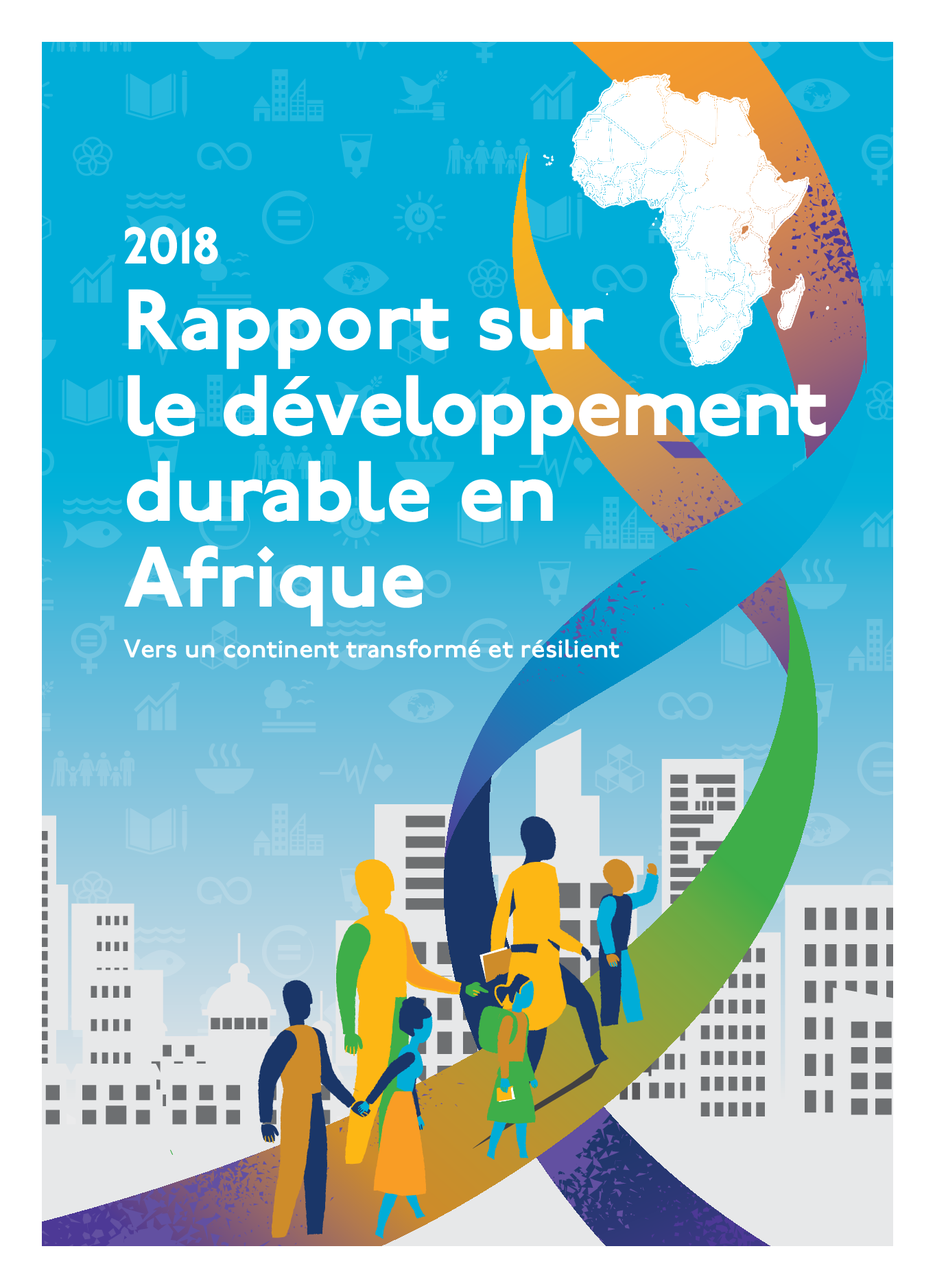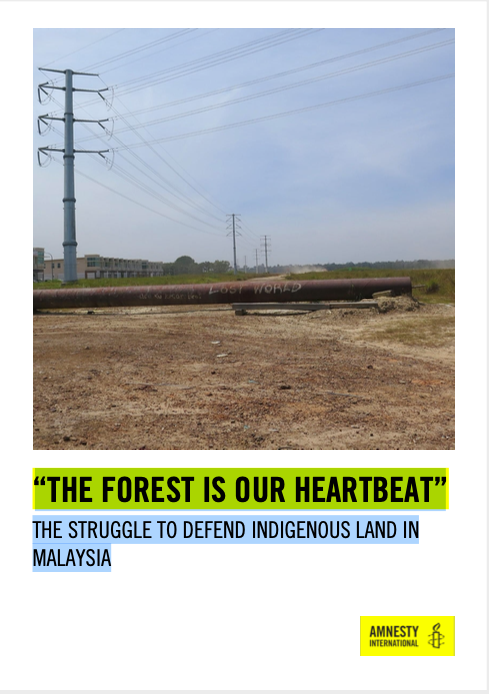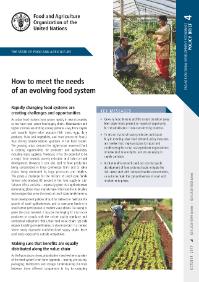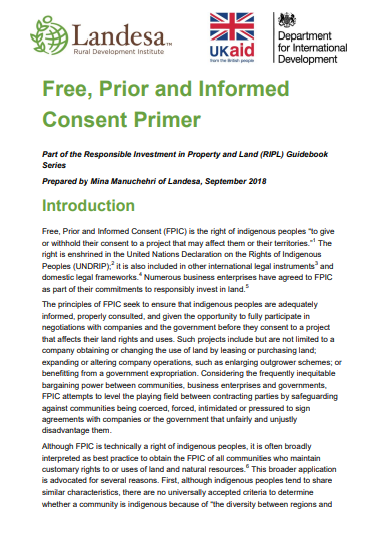Relationship between the Processes of Urbanization and International Trade, and its Impact on Urban Sustainability
The dynamics of urbanization and growth of the Latin American city is due to different geographical, economic, and social factors. One of these elements, which has expanded the availability of resources for the urban expansion process is the growth of international trade, whereas it facilitates the import and availability of goods from anywhere in the world and consolidates cities as large markets, making them more attractive each time, which falls again in the process of growth.










